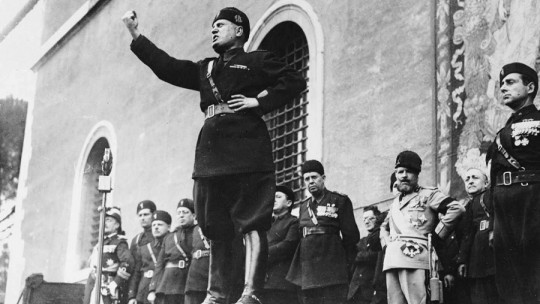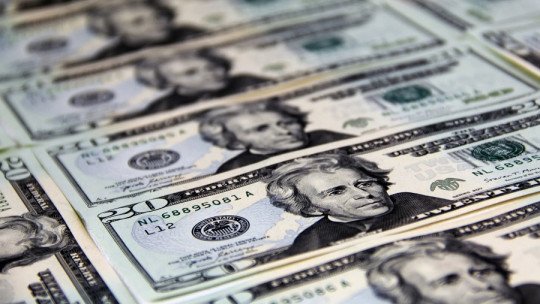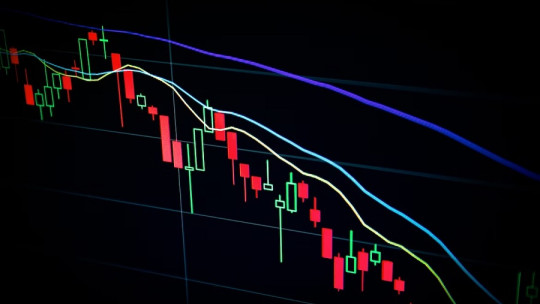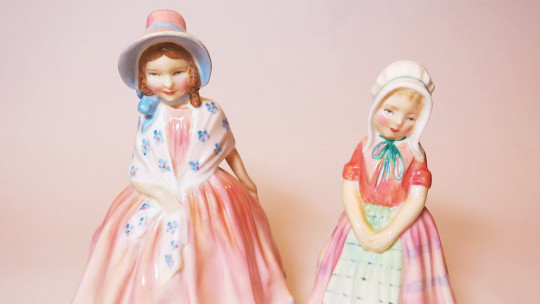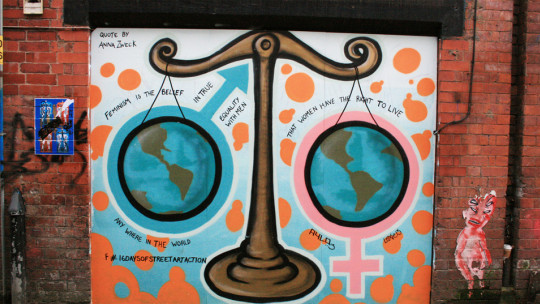When we talk about inequality, we often focus solely on the economic: situations in which a minority has enough money to control many aspects of the lives of the rest of the people.
It is true that it makes sense to focus on the material accumulation of goods and money, because today having a high level of income explains many things. However, we must not lose sight of the fact that there are other forms of inequality that go beyond our economic capacity, and that are reflected in cultural phenomena and the ability to condition the behavior of others. The cult of personality, or cult of the person is a clear example of this, and in this article we will see what it consists of.
What is the cult of personality?
The cult of personality is a massive phenomenon of following, adulation and constant obedience to an individual who has established himself as the leader of a certain movement or establishment, normally extending to the scope of an entire country, at least.
On the other hand, the cult of the person It is characterized by the uncritical attitude of those who follow the leader and by sectarian and hostile behavior towards those who do not obey, as well as by ritualized activities and the use of symbols and icons that remember the leader, in a similar way to what happens with symbols in the case of organized religions. typical of non-nomadic societies.
Characteristics of this mass phenomenon
These are the main characteristics of the cult of personality, and they serve to distinguish it from other means of influence from leadership.
1. Generates a feeling of unity among the masses
The leader who is praised by the masses puts a face to something much more abstract, a collective movement that needs icons to represent its unity and defend it in an easy and intuitive way. In this sense, this class of leaders have a function similar to that of kings, although unlike these They have more means to make themselves known in the eyes of millions of people: photographs, television, Internet, radio, etc.
2. Project an idealized image thanks to distancing
Another factor that allows the leader to maintain power is the fact that he controls his image a lot. Does not constantly expose himself to the scrutiny of others, but it does so on rare occasions and in a very studied way, to offer its most flattering facet. For this purpose, video and photo editing, censorship policies regarding critics or journalists, etc. are carried out.
3. It is associated with values linked to conservative values
The cult of personality It relies on ideas and symbols that are deeply rooted culturally among the leader’s followers, but manipulating them to fit your specific purposes. For example, if in that society the unity of the nuclear family is considered something that must be defended at all costs, the leader can justify his anti-abortion measures by pointing out that they will prevent daughters from estranging their parents due to the crisis that (supposedly) It involves removing an embryo.
4. Adds an emotional charge to political measures
Nothing conveys emotions like a face of flesh and blood. Something as simple as having someone defend a political ideology can add legitimacy and attractiveness to these ideas, if a good public image is offered.
5. Give meaning to collective sacrifices
This aspect of the personality cult is related to the previous one. Thanks to the constant requests to connect emotionally with the leader or caudillo, the hardships that the people may go through are justified as part of a collective plan to reach the objectives set by the regime. Protests and revolts come to be seen as a betrayal of the leader and, by extension, the people, which justifies their repression with violence.
6. Allows elite interests to be filtered on the public agenda
As the leader comes to represent the people, they can impose their own ideas (or those of the minority that help them stay in power) on the objectives to be achieved collectively, showing that these are interests that benefit the majority. This is the reason why the cult of personality has historically been used to promote totally new policies while in theory defending the empire of common sense and conservative attitude (which in practice is expressed only in the face of what considered to be “external interference”).
Why is it used by totalitarian regimes?
Judging by the characteristics of the cult of personality, one begins to understand why this social phenomenon is promoted by the oligarchies that maintain the power of a region. The figure of the leader who gives meaning to everything that happens among the civilian population allows dissidence to be controlled through simple means that appeal to emotions, as well as not having to admit mistakes or be accountable to any entity with authority (because all authority is accumulated by the leader).
On the other hand, the country’s propaganda machine can offer political and ideological propaganda talking only about the leader and his proposals and ideas, passing off this type of content as information of general interest.
On the other hand, the cult of personality has weaknesses in what are its strengths: if the leader is eliminated or if another establishment arises that surpasses him in authority, all his propaganda and power cease to be viable, and his most influential influence disappears. beyond in the minds of those nostalgic for the previous regime.

